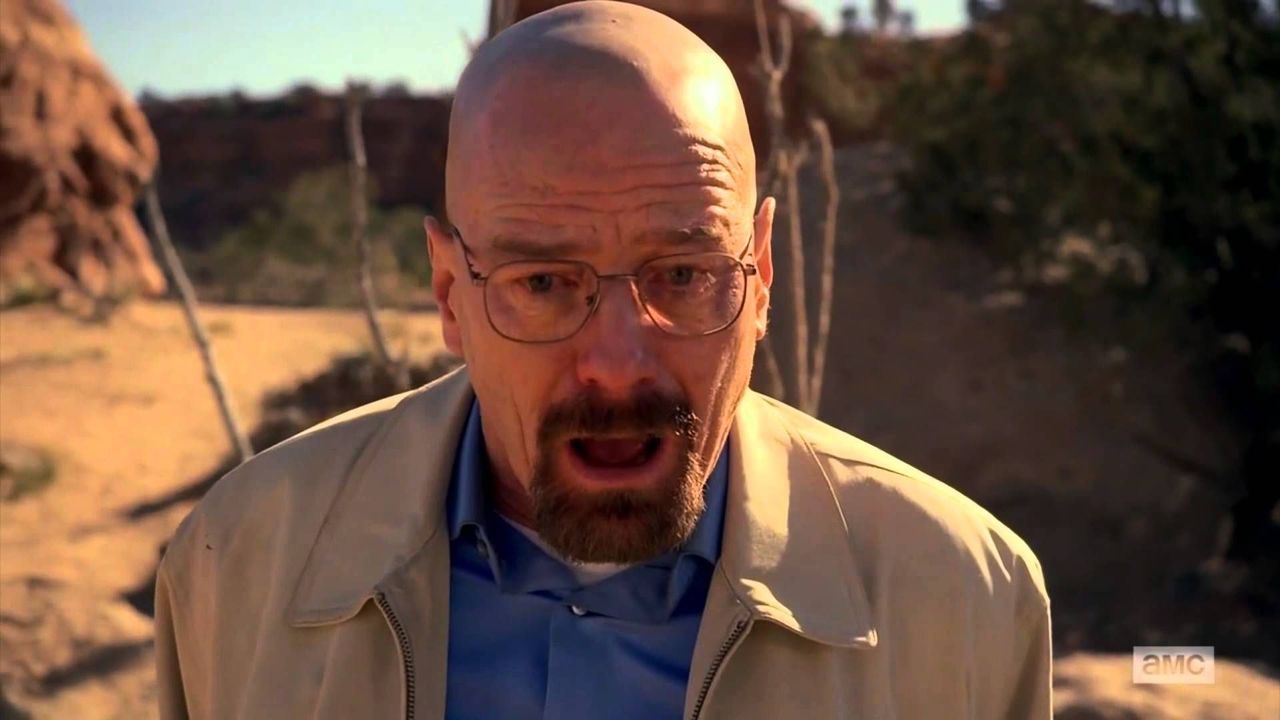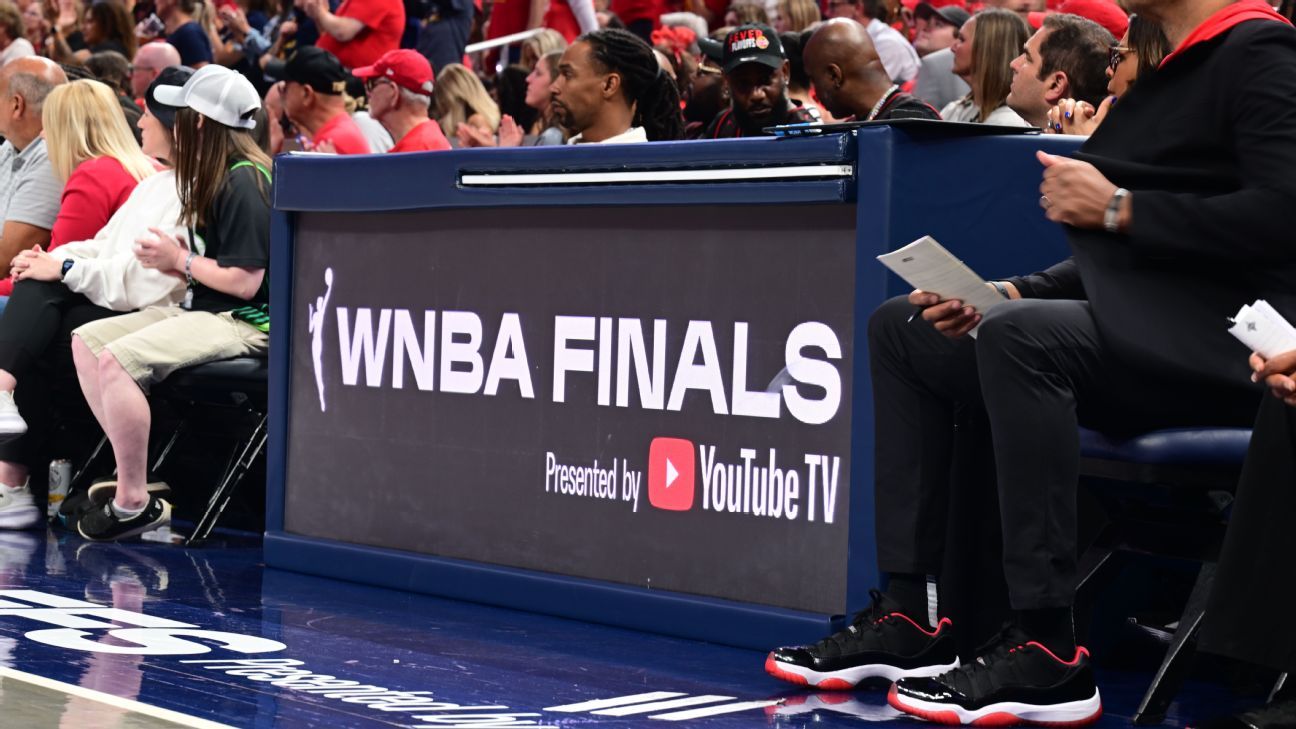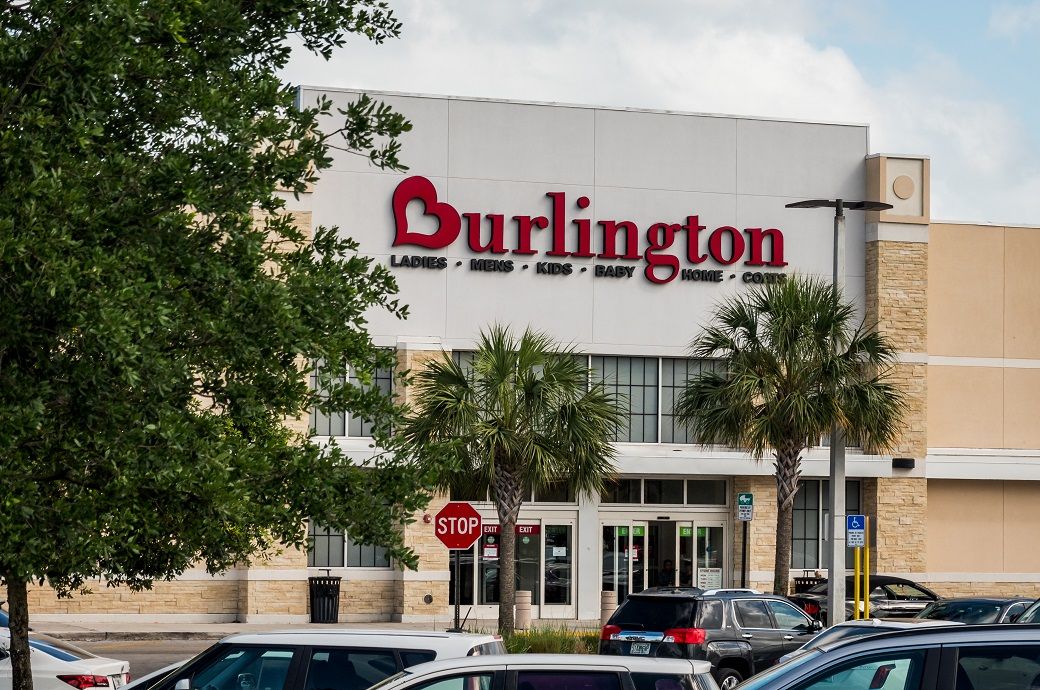Rebuilding the research desk in local newsrooms

The journalism and government transparency nonprofit MuckRock will offer newsrooms more hands-on research help thanks to a new merger with Sunlight Research Center, the two organizations announced on Wednesday.
By joining forces, MuckRock and Sunlight Research Center hope they can bring the research desk back to more newsrooms. Sunlight has particular expertise in helping local newsrooms with projects at the iron core of local news: covering local government and holding public officials to account.
The merger also fits with a bigger trend as more nonprofit news organizations look for ways to share services and stay on this side of sustainable. (This isn’t even MuckRock’s first merger; they joined forces with the transparency tool DocumentCloud in 2018.) All four full-time and three part-time staffers from Sunlight will join MuckRock’s team of 14.
Brandi Swicegood, Sunlight’s co-founder and executive director, will become MuckRock’s first chief editorial and programs officer. Anna Massoglia, who was previously the investigations editor at OpenSecrets, will become MuckRock’s editor.
Sunlight Research Center grew out of training and resources to help newsrooms do deep background research on political candidates. (Swicegood’s co-founder, Jim Mintz, also founded a private investigation service.) Ahead of the 2024 election — thanks to funding from Jonathan Logan Family Foundation, Knight Foundation, and MuckRock — Sunlight trained more than 200 journalists from 90 newsrooms across the country.
“We called it the George Santos prevention program,” Swicegood said, referring to the Republican representative who was elected before false claims about everything from his work experience and college volleyball days to appearing on Hannah Montana and rescuing pets came to light. (President Trump recently commuted Santos’ prison sentence.)
Throughout the trainings, Sunlight heard about what stood in the way of newsrooms hoping to do investigative reporting. Although some news outlets have retained the research desks that help assemble the basic building blocks of investigative stories — background checks, property records, campaign finance records, court records, etc. — many more newsrooms are doing without.
“Most of us who’ve been in the industry for a long time know that the middle tier of investigative reporters and editors who used to guide important work like this through the newsroom, in a lot of cases, aren’t around anymore,” Swicegood said. “We started thinking, how can we help rebuild that investigative muscle and build that capacity back in newsrooms?”
Sunlight launched a beta program with a dozen local newsrooms to test an idea: Would local newsrooms pay for access to a research desk? The beta program yielded several noteworthy stories, including The Texas Tribune on the (Elon Musk-heavy) politics in Starbase, Texas and the Asheville Watchdog on a controversial choice for chancellor at UNC Asheville. After the beta period, Swicegood said that roughly half of the local newsrooms chose to pay for the service.
Now, with the merger, that on-call research desk and training from Sunlight will be available through MuckRock. Nearly 5,000 newsrooms already use at least one of MuckRock’s tools, said MuckRock founder and chief executive Michael Morisy. Though some resources are free to use, a number of newsrooms pay MuckRock a subscription starting at $100/month. Membership pricing for the Sunlight research desk will depend on the number of projects the newsroom needs extra assistance with.
Morisy said MuckRock is always trying to evolve as an organization that helps drive local accountability journalism. But he’s also thinking about the larger ecosystem for technology and services used by newsrooms.
“One of the things I’m personally concerned about is that these services, platforms, and tools develop a lot of value over time — and if we’re not letting these journalism services and tools develop over the long term, then the journalism field is left a lot poorer,” he said. “Major tech platforms [like Google and Facebook] continue to become more valuable year after year, and we don’t give much of our journalism technology the time to evolve and grow and flourish in that same way.”
MuckRock is a collaborative at heart, and has formed partnerships with services like DocumentCloud, Data Liberation Project, FOIA Machine, oTranscribe, and others.
“It’s something I’ve become very interested in figuring out: How can MuckRock support other groups and the wider field,” Morisy continued. “It’s through things like our ecosystem work, where we’re helping third-party services tap into the MuckRock account service and the MuckRock subscription service, so that we can help grow their revenue, grow their user base, and help new ideas reach a wider audience quickly.”
Swicegood said sharing business-side services with MuckRock will make Sunlight a more sustainable operation and free up more of her time. (“I’m really excited about not having to do payroll,” she told me.) I asked her what post-merger success would look like to her.
“I think our biggest goal is creating products that help expand the capacity of newsrooms to do more impactful work than they ever thought was possible,” Swicegood said. “And that MuckRock and Sunlight are [considered] absolutely indispensable when a newsroom at the local level embarks on an ambitious investigative project like that. We want to be the first organization they think of as a resource.”
You can read the original announcement here.
What's Your Reaction?
 Like
0
Like
0
 Dislike
0
Dislike
0
 Love
0
Love
0
 Funny
0
Funny
0
 Angry
0
Angry
0
 Sad
0
Sad
0
 Wow
0
Wow
0









































































